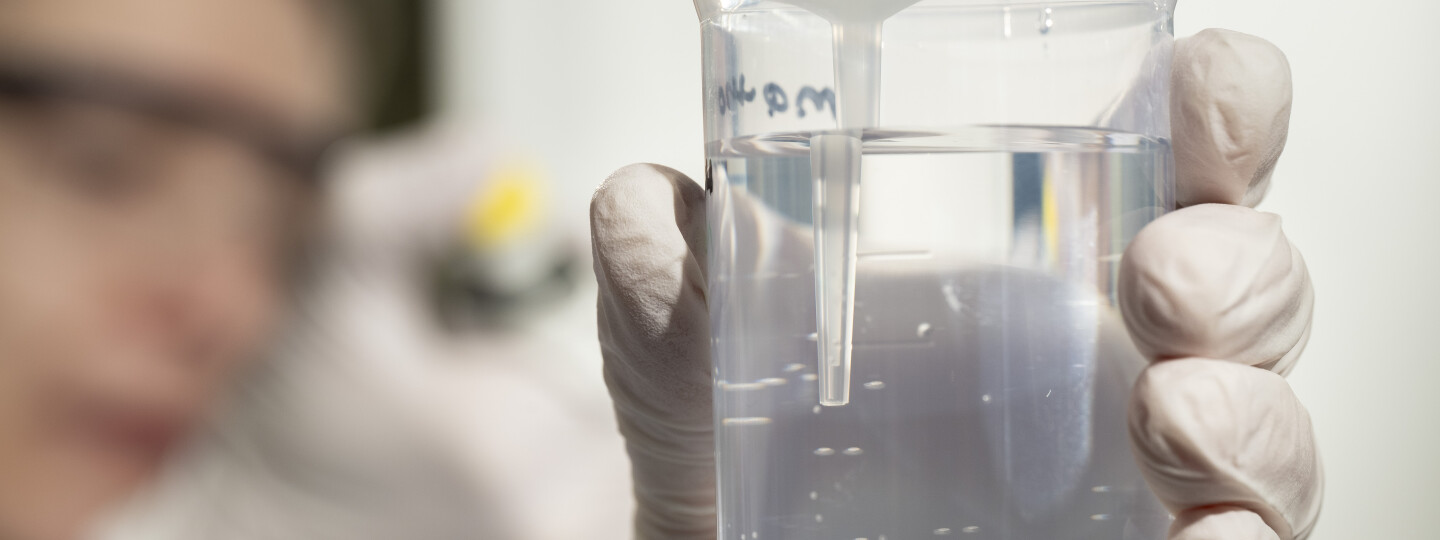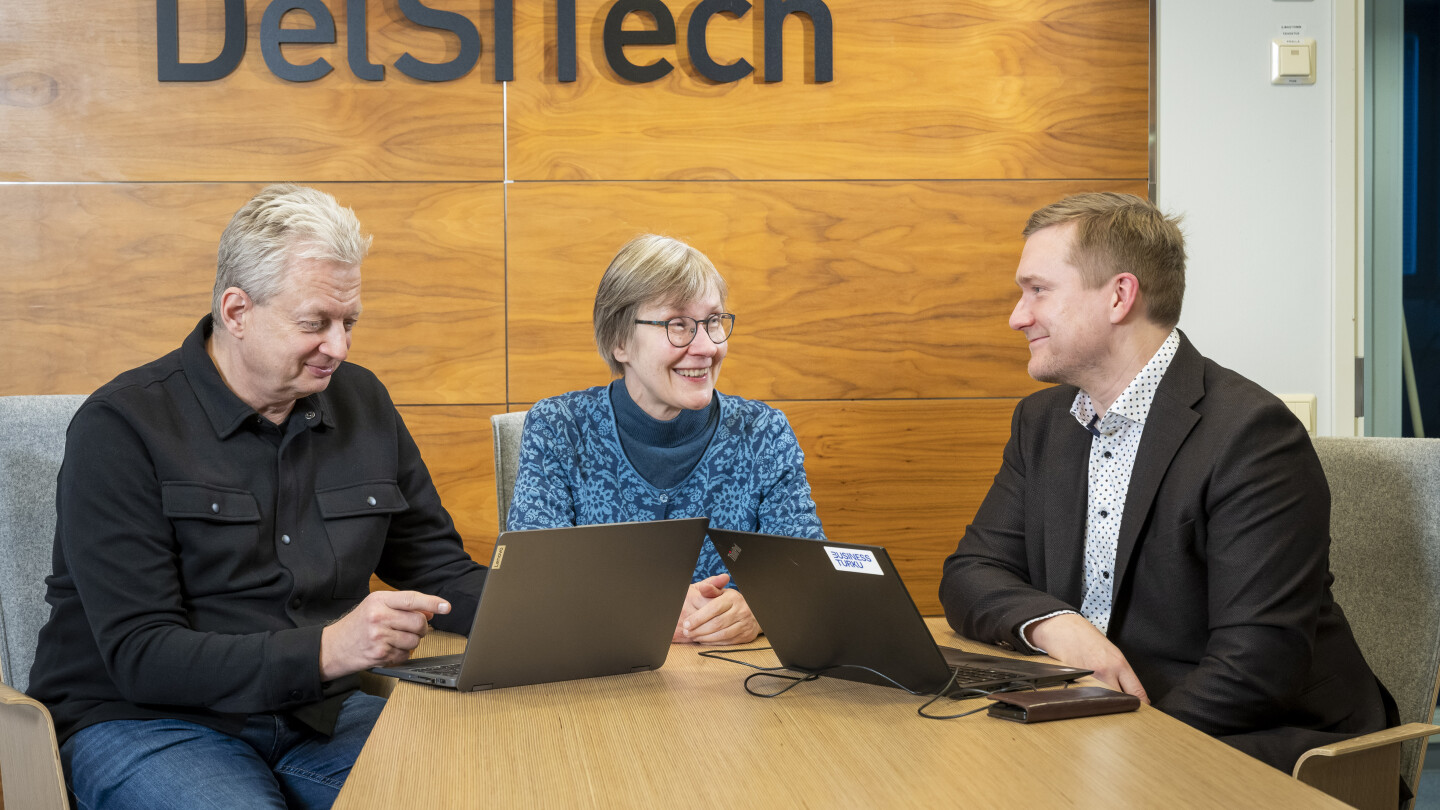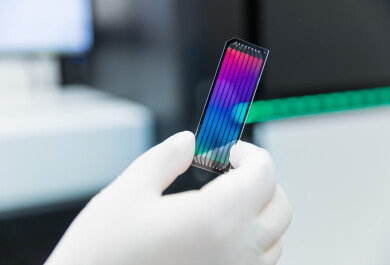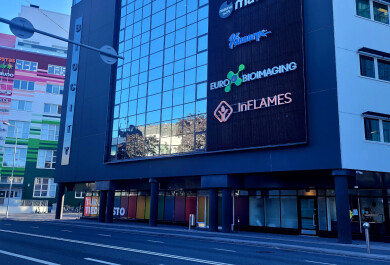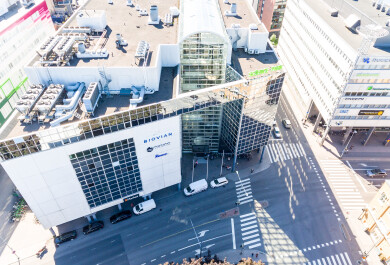TechCampus Turku offers RDI vouchers to micro-enterprises and SMEs that wish to collaborate with higher education institutions in Turku. Vouchers are available for research and assessment projects, analysis and measurement services, project application preparation, and thesis work.
According to Network Manager Marko Kelahaara from TechCampus Turku’s RDI Service, the purpose of the vouchers is to lower the threshold for collaborating with higher education institutions in Turku.
“We offer RDI vouchers to all types of micro-enterprises and SMEs, regardless of their field or location. In particular, I want to encourage any companies that don’t have previous experience collaborating with higher education institutions to apply for a voucher. Finnish higher education institutions contain a wealth of wide-ranging expertise and valuable infrastructures, and we can help businesses find the best higher education partner for their specific needs. For example, if you need help solving a product development challenge, be it big or small, a higher education institution is the right partner to work with,” Kelahaara explains.
To date, over twenty businesses have made use of the RDI voucher. One of these companies is DelSiTech from Turku, which develops drug delivery products with a particular focus on controlled drug delivery. In a delivery product, the drug is encapsulated in a delivery material to allow for the slow release of the drug. When medicinal molecules are encapsulated, the process can, in theory, result in the encapsulation of microbes as well. DelSiTech wanted to employ a Raman spectroscopy-based method for microbe analysis, which is why it got in touch with the Department of Chemistry at the University of Turku. The company and the university agreed to collaborate in the form of a thesis, as part of the RDI voucher scheme.
“We supplied the research question, but the practical approach and objectives were honed collaboratively with the university. Our partnership has worked well, and I’m sure that its benefits have been mutual,” says Chief Scientific Officer Mika Jokinen from DelSiTech.
Professor of Materials Chemistry Carita Kvarnström agrees.
“The University of Turku’s collaboration with enterprises is vitally important for its research and teaching activities. In applied research, the interaction between industry and academia must remain constant, as this is the only way to ensure a match between commercial needs and the university’s latest research results. For students who are nearing the end of their studies, collaborating with industry is a very enriching experience that will also help them prepare for their future careers.”
According to Kvarnström, a master’s degree thesis is well-suited to RDI voucher-related collaboration, and she encourages more companies to get in touch with research groups. Jokinen also recommends working together with higher education, especially in situations where a company lacks the necessary tools or expertise.
According to Marko Kelahaara, there is room for new RDI voucher applicants.
“We’re prepared to support even more companies than we currently do. The easiest way to start is by contacting me directly,” he concludes.
For more information about the RDI voucher, how to apply for one, and where to get in touch, visit the website of TechCampus Turku’s RDI Service.
